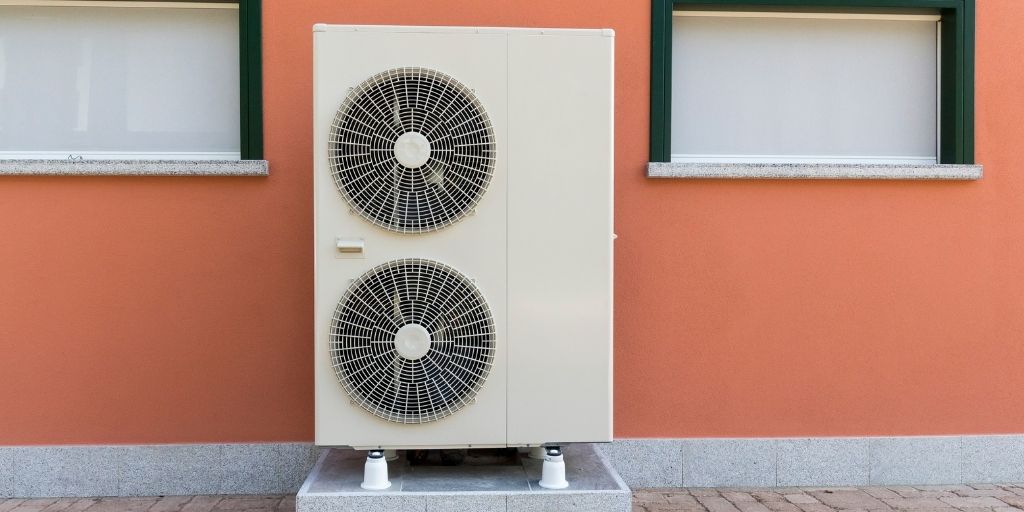When it comes to tackling the climate crisis, everyone knows we need more electricity from wind and solar. But despite their massive potential to help cut emissions and curb air pollution, heat pumps have not received the same attention.
Natasa Kovacevic, Heating sector decarbonisation campaigner for the Western Balkans | 24 November 2021

In recent years, governments in the Western Balkans, with the help of international financial institutions, have started offering citizens financial support in a bid to step up the deployment of cleaner household heating solutions and energy efficiency measures.
Many programmes have focussed on promoting pellet-based heating systems, or solar thermal technologies, alongside energy efficiency solutions. But not enough attention has been given to heating pumps, despite them being one of the most promising, low-carbon and energy efficient technologies.
One reason for that is simply that heat pumps can be expensive. Installing a heat pump in a 2–3-bedroom home would mean spending anywhere between EUR 8000 and EUR 15,000, depending on the heat source and the building’s existing infrastructure. Solar thermal systems, for comparison, would cost half as much for the same size house. Yet, an investment combining heat pumps and solar panel heating systems could be returned in four-five years, and it comes with a dramatic reduction of greenhouse gas emissions.
Another reason heat pumps might not be as popular as they should be is simply because many don’t understand this technology. Many home owners simply refuse to believe that heat pumps are capable of bringing heat from outdoor air or water even when the air temperature is below zero. But this is no science fiction.
Installing a heat pump in your home comes with real economic, environmental and social benefits. Homeowners in the city of Tuzla in Bosnia and Herzegovina, who used a subsidy scheme that covers half of the purchase and installation costs of fitting homes with heat pumps, now say it was absolutely worth the investment.
“I would like to call on all people who consider warming their homes with heat pumps to do it because it is in their interest,” says Izet Husic. “Life quality is much better both in winter and summer since heat pump can bring heating or cooling, so you are solving with one solution both problems of heating and cooling for economically acceptable costs.”
In fact, the price of biomass can be particularly volatile. Local non-industrial pellet markets have already proven unstable as they are depending on subsidy schemes that come and go. As a result, the quality of pellets can also vary widely, in turn expediting the wear of domestic furnaces and increasing maintenance costs.
Heating with coal, certainly if it’s of low quality, also requires a serious effort. Think about transporting it from the mine or market, cleaning the chimney, frequently painting your house, cleaning the dust. All of these can be a serious burden, especially for the elderly. Heat pumps, however, are much easier to maintain than other forms of heating systems.
Decarbonising individual and collective heating and cooling systems relies on diversified renewable energy sources and the introduction of smart and efficient grids and buildings. For this to happen governments should make these technologies accessible and affordable, either by increasing subsidies or other financial means. This will also vital if countries are to meet their renewables and emissions targets.
The International Energy Agency projects that by 2045, heat pumps will be responsible for nearly half of the global heating. In Vienna, for example, a third of the residential buildings are already heated with heat pumps based on the ‘water to water’ technology. In the UK, the authorities are drawing up plans to fund the installation of heat pumps in 90,000 homes across the country.
The beginning winter is a reminder that governments in the Western Balkans should also ensure that more households can keep warm with clean, efficient and low carbon heating systems.
Never miss an update
We expose the risks of international public finance and bring critical updates from the ground – straight to your inbox.
Theme: energy efficiency |
Location: Western Balkans |
Project: District heating
Tags: energy efficiency | heat pump
